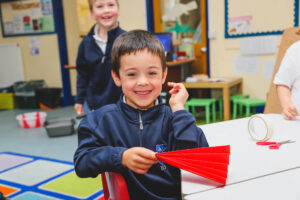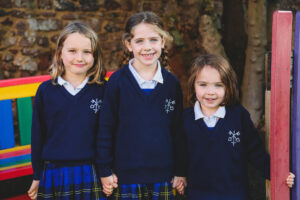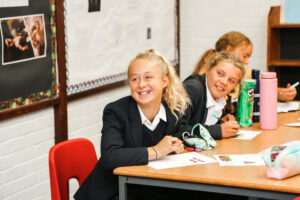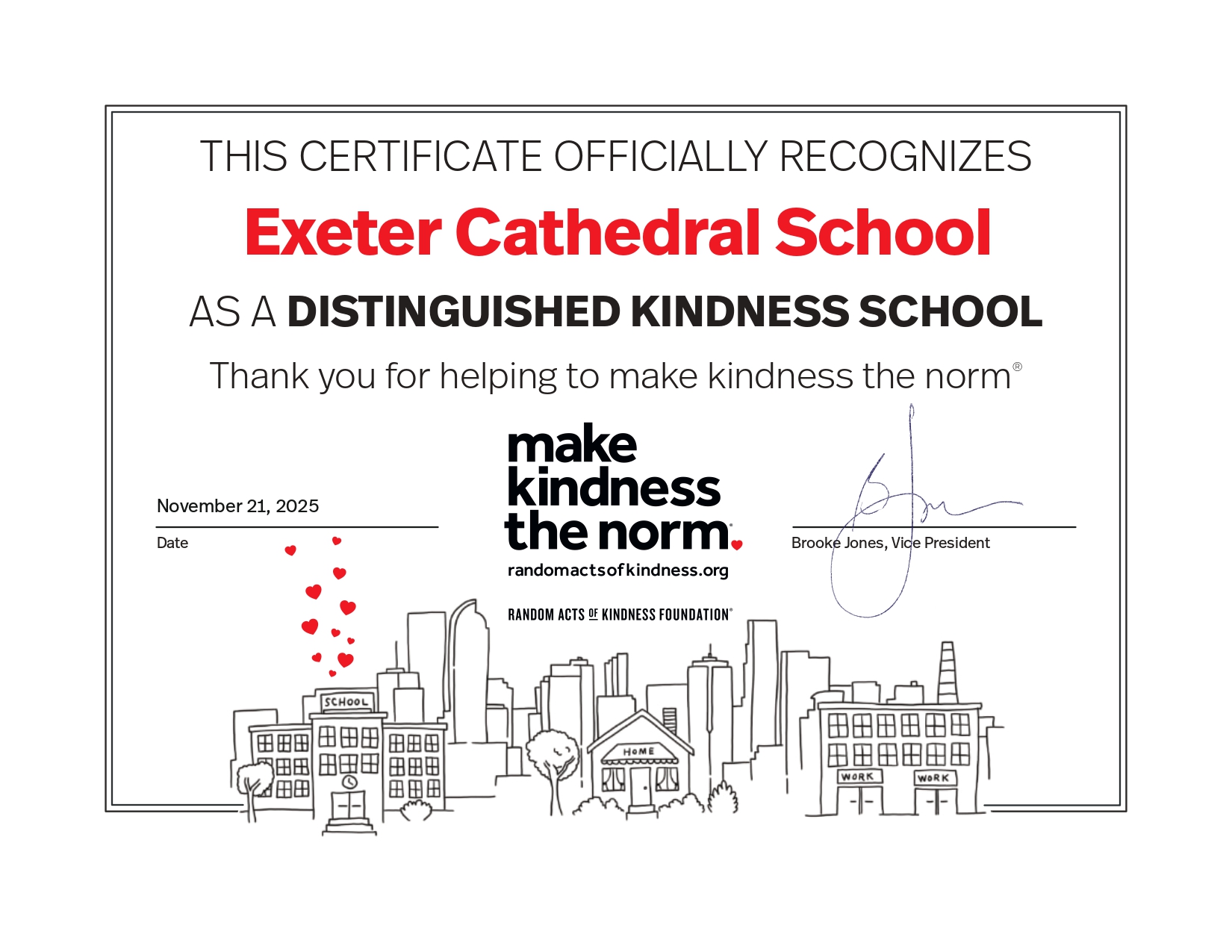I am delighted that Mr Bartlett, our Assistant Head, has written a guest blog for this week’s newsletter.
Why the Hidden Curriculum matters
‘We are what we repeatedly do. Excellence, then, is not an act but a habit.’ Aristotle.
Last week during my Lower Years assembly I spoke to our pupils about the importance of never giving up. We were learning about confidence as part of our PSHE programme and how sometimes we encounter challenges that can make us doubt our ability.
I am always drawn to sporting analogies as examples of sheer grit and determination and shared the story of Mo Farah’s fall at the Rio Olympics in the 10,000m Final. On the 10th lap Farah tumbled to the ground after appearing to trip over American Galen Rupp. Remarkably, he recovered quickly to set the pace before charging to the finish line in a time of 27:5:17 minutes.
When talking to reporters after the race, he recalled that he felt his race was over and dreams of a Gold medal were lost when he fell. He said: ‘I tried to be tough, and that is what I did.’
Understandably, the pupils were impressed with his attitude, his ‘never-say-die’ mentality and his victory. For me, the really interesting point is not how Mo Farah managed to win (he was clearly more determined and faster than his fellow racers) but how quickly he picked himself up. It seems clear that something that is done so instinctively has been learned and worked on many, many times.
I believe that somewhere behind Mo Farah ‘getting up’ during that race was a teacher willing him on during times when the easiest thing would have been to give up.
There has been considerable research in education recently that focuses on the importance of developing children’s ability to learn and progress. Matthew Syed’s popular book ‘Bounce’ challenges the prevailing wisdom about the primary importance of talent, painting a picture of success that emphasises purposeful practice, mindset and smart risk-taking.
Carol Dweck’s seminal research into pupils’ capacity to learn teaches us that pupils need to be encouraged to believe they have a Growth Mindset where effort and attitude determine ability and failure is merely an opportunity to develop.
In School, this research has helped us to strengthen our approach to supporting and improving pupils’ learning. Not only do we continue to ensure the development of pupils’ academic skills, but there is a greater focus now on explicitly fostering pupils’ social and emotional skills. These social and emotional skills are specifically taught in our updated PSHE programme, Wellbeing Sessions and during time we spend together as a school community. For some of our school time, however, these skills and attitudes to learning are not prescribed and form part of our ‘hidden curriculum’.
Already this term, pupils have been learning to evaluate their successes and where they have gone wrong in their form tutor classes. Their ability to be brave in discussing limitations and their next steps is hugely important in building key learning characteristics of grit and determination.
We are fortunate to have excellent form tutors who make this process effective and highly personal. I have no doubt that pupils benefit from having form tutors who really take an interest in what they are doing. Knowing that a member of staff is there for them, to pick them up, to cheer them on, makes a huge difference to our pupils.
Equally, it matters that our teachers are allowed to pick themselves up when they make mistakes. Our new Achieving Excellence Programme provides opportunities for all our staff to reflect on successes, where things could have gone better, and to learn. As a school community, we take great pride in promoting character for both our pupils and staff.
In a job such as teaching, grit and determination are essential; learning to understand our strengths and limitations is fundamental to success. For me, when a school fosters this approach, pupils and staff are both winners.
A Bartlett
Assistant Head











